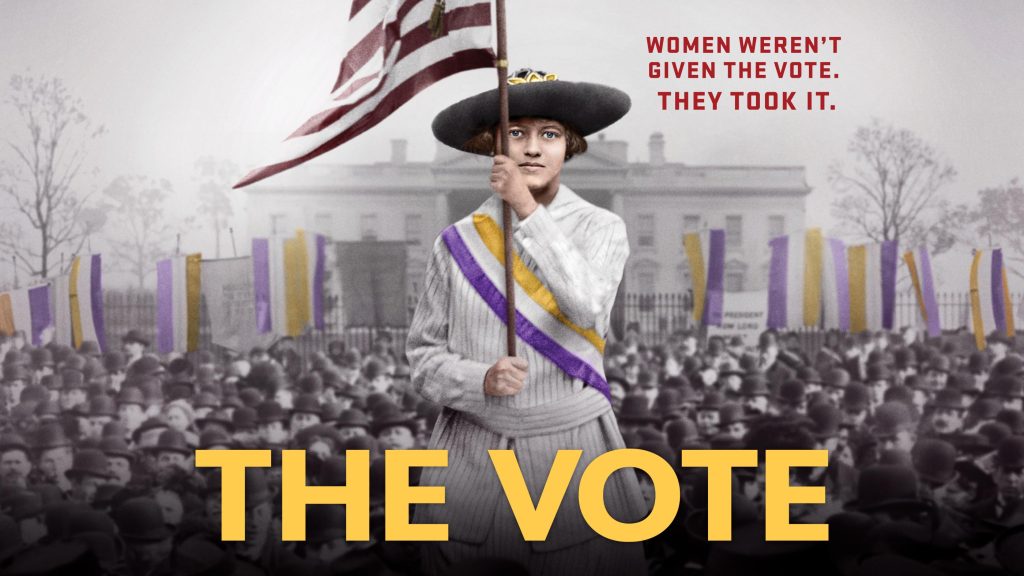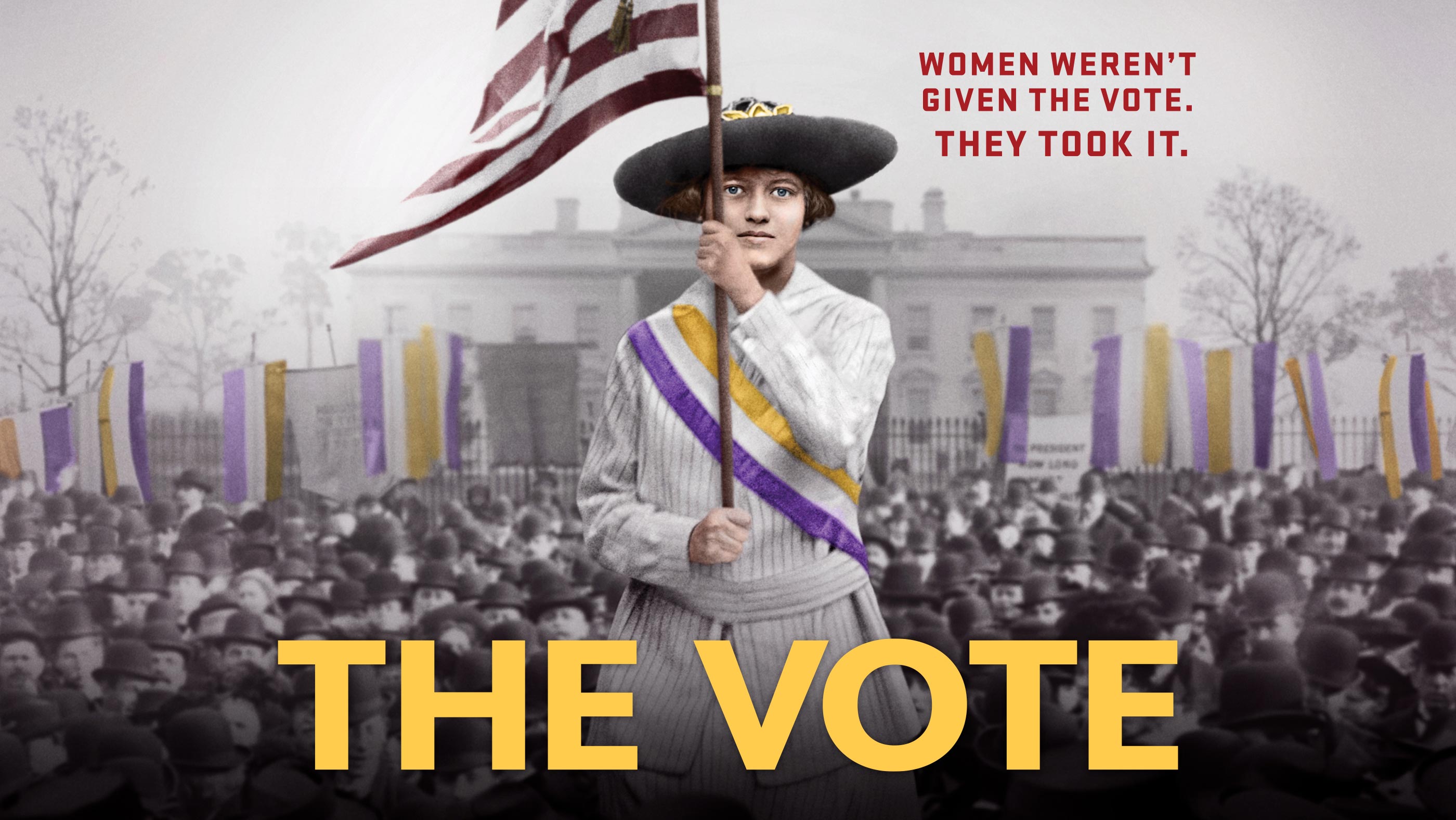
“Six Artists Share Their Perspectives on Voting in the U.S. Election”

**Artistic Voices on Voting in the U.S. 2024 Election: A Complex Choice Between Values and Frustration**
As the 2024 U.S. Presidential election inches closer, the question of whom to support has become a point of reflection, especially for artists and creatives who often find themselves wrestling with wider socio-political issues. The polarization of politics in the United States has prompted many individuals to self-examine whether their vote represents an endorsement of specific policies, the broader quest for justice, or disillusionment with a cycle of choices that seem far from adequate.
One set of voices widely engaging in this discussion are artists—people who not only shape public narratives but also grapple with existential and systemic questions in their work. Many artists say they feel forced to navigate choices that may not align with their deeper values, leading them to a range of political strategies from voting third-party to abstaining from certain races entirely.
### Voting as a Form of Visibility: Sama Alshaibi’s Perspective
Sama Alshaibi, an Iraqi-Palestinian artist based in Arizona, highlights one prevailing frustration for people of marginalized backgrounds: political invisibility. Describing the experience of frequent visits from Democratic canvassers, Alshaibi expresses that, as a person of Iraqi-Palestinian descent, her vote does not feel directly sought out.
“They never ask what I’m doing,” Alshaibi shared. Despite the lack of attention to her individual political concerns, she remains adamant about the importance of her vote, particularly given Arizona’s status as a battleground state. More than disengage, she is exploring alternative pathways like voting for Green Party candidate Jill Stein, whose platform takes a firm stance against Israel’s Gaza operations, which hit close to home for Alshaibi. For her, the act of voting doesn’t just align with her values—it’s a symbolic gesture that renders her, and by extension her community, visible in a political system that often overlooks nuanced identities.
### A Conscious Abstention: Celeste Viv Ly’s Approach
Meanwhile, some artists are questioning the very efficacy of voting in a system where all viable candidates might uphold policies they oppose. Celeste Viv Ly, a queer Cantonese-American artist, underscores a current many artists and younger voters feel: a deep disillusionment. They feel drawn towards resisting binary choices that don’t represent the transformative change they seek. Ly explains that deciding not to vote is, for them, “an active choice.” The artist stresses that their concerns—ranging from Israel’s actions in Gaza to global conflicts such as Russia’s war on Ukraine—could potentially be addressed more effectively through “continuous and community-driven efforts” than through the pressing of a ballot button for an imperfect candidate.
### A Veteran’s Perspective: William Chan and Ethical Voting
William Chan offers a compelling narrative that ties personal history to civic responsibility. A former U.S. soldier who served in the invasion of Iraq, Chan’s experience gives weight to his political decisions, particularly in how he perceives parallels between the suffering of Iraqi civilians and today’s Gaza residents. Based in Lower Manhattan, the photographer and community aid organizer reveals a conflict when considering the Democratic candidates like Kamala Harris. Despite voting for Joe Biden in the previous election, Chan is now leaning toward writing in “Gaza” or the name of a Palestinian child who was killed, rather than enable a candidate who supports the war in Gaza.
Chan’s stance speaks to a broader moral calculus that voters like him make in each election cycle, where casting one’s vote can feel like complicity with foreign policies that perpetuate suffering.
### A Dominican-American Artist Weighs Local vs. National Votes
For Dominican-American painter Kenny Rivero, a vote is a family affair, one that has long been geared toward the democratic ticket, particularly on issues around reproductive rights and immigration. However, this year, family members are split on whether to participate at all, largely due to dissatisfaction with the lack of compelling progressive candidates. Rivero emphasizes the power of local elections as well, sharing how he’s utilized his Columbia University art studio space to support pro-Palestinian demonstrators calling for justice.
Rivero remains focused not only on who is running for high-profile offices but on how local representatives and policies shape immediate freedoms on issues like incarceration rates and immigration—two of the many data points where minority communities often experience disenfranchisement.
### An Active Participation in Shaping The Future: Alicia Grullón’s Conundrum
For Alicia Grullón, an activist and artist out of the Bronx, looking at the 2024 ballot means heavy deliberation. Like many left-leaning voters, Grullón is torn. While she knows that casting a vote is crucial, she laments the lack of feasible options that reflect her values concerning issues like mass deportations and public funding for foreign military actions, particularly in relation to Israel. Instead, much of Grullón’s focus has been on ballot measures,